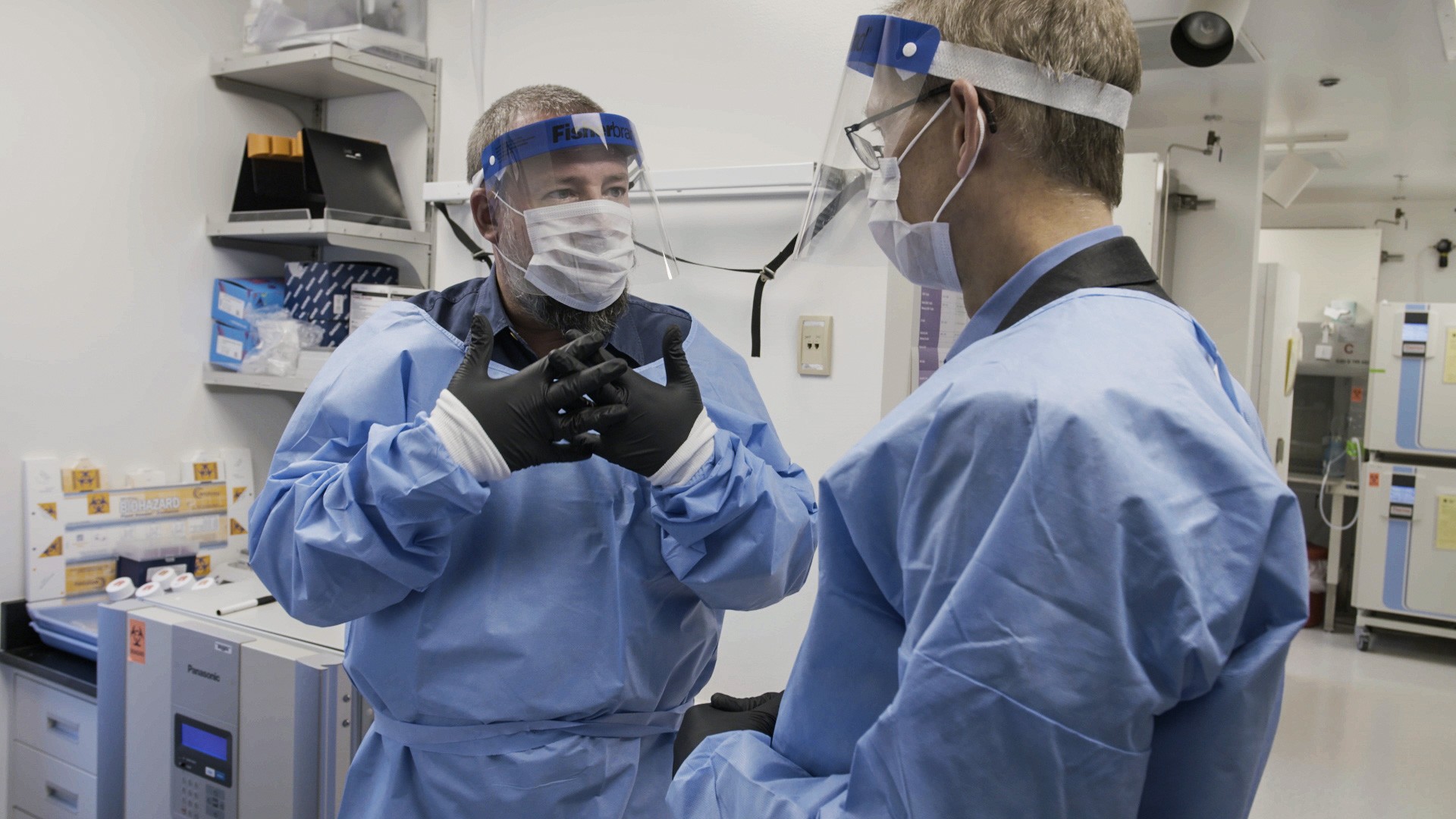In early April, the Scottish Medicines Consortium announced that after rigorous testing the HIV preventative drug Truvada, or PrEP, would be available through NHS in Scotland. PrEP can only be obtained through some private clinics in the rest of the UK, NHS in England, Wales and Northern Ireland have yet to approve its distribution. In the United States, PrEP can be bought through health insurance while in other parts of the world the drug has yet to even make an appearance.This ironic juxtaposition, with preventative care being distributed by the government in some parts of the country but not others, is characteristic of how HIV operates in the world as a whole -- breakthroughs in medicine and legislation happen every day but so do new infections. Since 2001, the UN reports that the rate of HIV infections has dropped by 38 percent and yet HIV and AIDS remain an epidemic. Nearly 240 people around the world are infected with HIV every hour. The virus is spreading even as we succeed in containing it.While PrEP and antiretroviral care has changed the lives of HIV positive and HIV prone people in the West, the continent of Africa carries the burden of the virus. About 36 million people around the world live with HIV, with 2.1 million cases added every year, and 22 million of those don't have access to treatment. Three-quarters of the global HIV-positive population lives in sub-Saharan Africa, while Asia, Europe and the Americas host a few hundred thousand cases. About 46 percent of global HIV cases happen in East and southern Africa alone. HIV may no longer be a death sentence in many parts of the world, but it remains constant in others.The virus is most likely to affect children, young women, sex workers, drug users, and men who have sex with other men. Lack of information about HIV is, of course, one of the reasons why it continues to spread, but unsafe practices like engaging in sex without condoms or using dirty needles occur even when information is present. Experts have different ideas on how to curb the spread of HIV, but they all tend to keep coming back to using proven methods like contraception to fix the problem.Studies show that the marginalization of drug users and gay and bisexual men heightens the spread of the virus as they are rejected from mainstream institutions like hospitals and churches who do HIV outreach. Also, when women enter into marriages where they have more sex but less control over their bodies, their chance of being infected rises. In sub-Saharan Africa, young women and girls make up one-in-four of new infections. Prisoners are also more than five times at risk than the rest of the population. People who are already vulnerable are, therefore, most at risk of infection.While condoms and adequate health care access are vital to the fight against the spread of HIV, cultural shifts are also important. If communities and groups remain without rights and at the fringes of society, they'll continue to be prone to HIV and the virus will never be fully eradicated.
Check out some more video on VICE:
Last week, India followed in the footsteps of Nigeria and South Africa by passing an anti-discrimination law making it illegal to not hire or rent to a person based on their HIV status. Indians are expecting the new legislation to help break down barriers that keep HIV positive people from receiving the care and acceptance they need to survive, though it remains to be proven whether the Indian government will deliver on its promise of providing medical help to those who need it.While PrEP is giving more people who are at risk of contracting HIV freedom from worry, it remains unavailable in most parts of the world. Besides that, four new cases of HIV happen every minute.Various groups, like HIV Equal, provide information for activists and citizens looking to learn more about HIV in the United States. Others, like the International HIV/AIDS alliance, advocate for HIV positive people around the world. Information and condoms are being spread to prone communities, but the virus won't be stopped without major cultural shifts that keep the most vulnerable among us safe.
Advertisement
Advertisement
Check out some more video on VICE:

Last week, India followed in the footsteps of Nigeria and South Africa by passing an anti-discrimination law making it illegal to not hire or rent to a person based on their HIV status. Indians are expecting the new legislation to help break down barriers that keep HIV positive people from receiving the care and acceptance they need to survive, though it remains to be proven whether the Indian government will deliver on its promise of providing medical help to those who need it.While PrEP is giving more people who are at risk of contracting HIV freedom from worry, it remains unavailable in most parts of the world. Besides that, four new cases of HIV happen every minute.Various groups, like HIV Equal, provide information for activists and citizens looking to learn more about HIV in the United States. Others, like the International HIV/AIDS alliance, advocate for HIV positive people around the world. Information and condoms are being spread to prone communities, but the virus won't be stopped without major cultural shifts that keep the most vulnerable among us safe.
